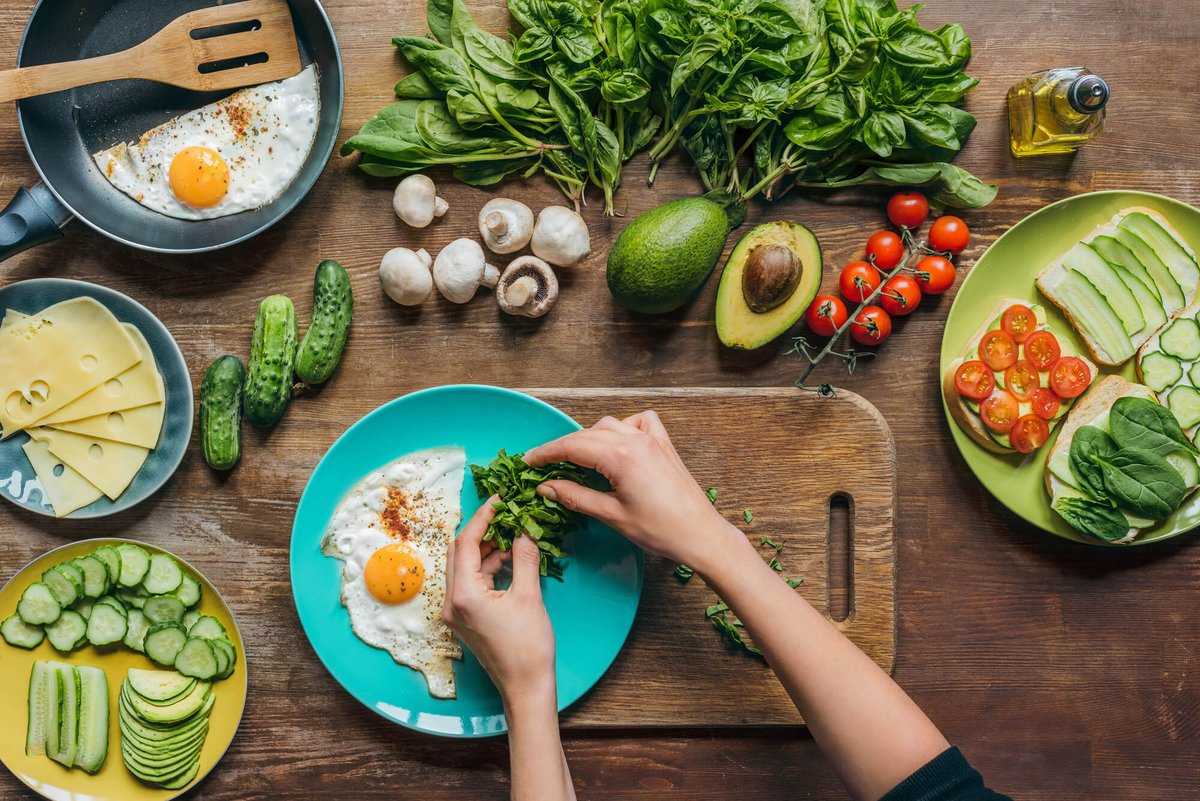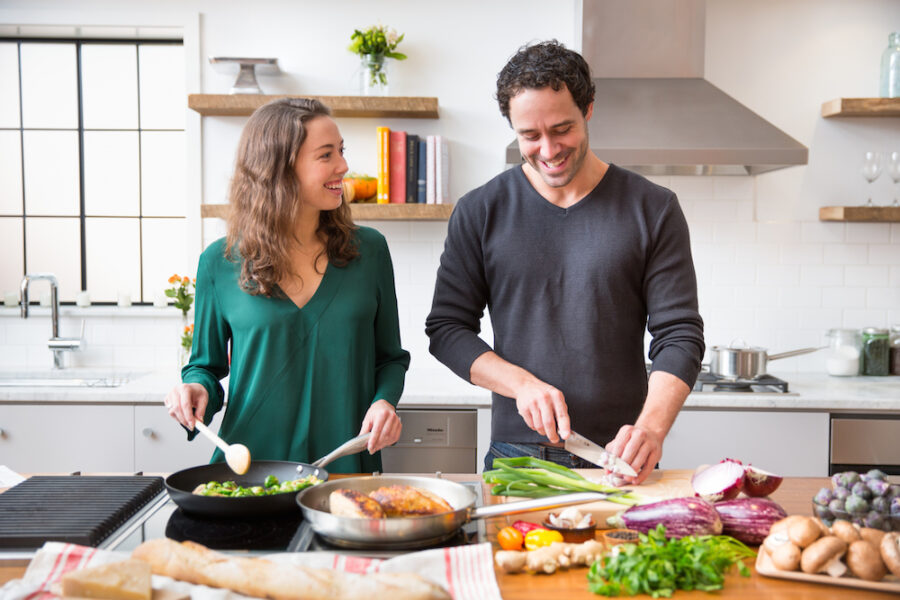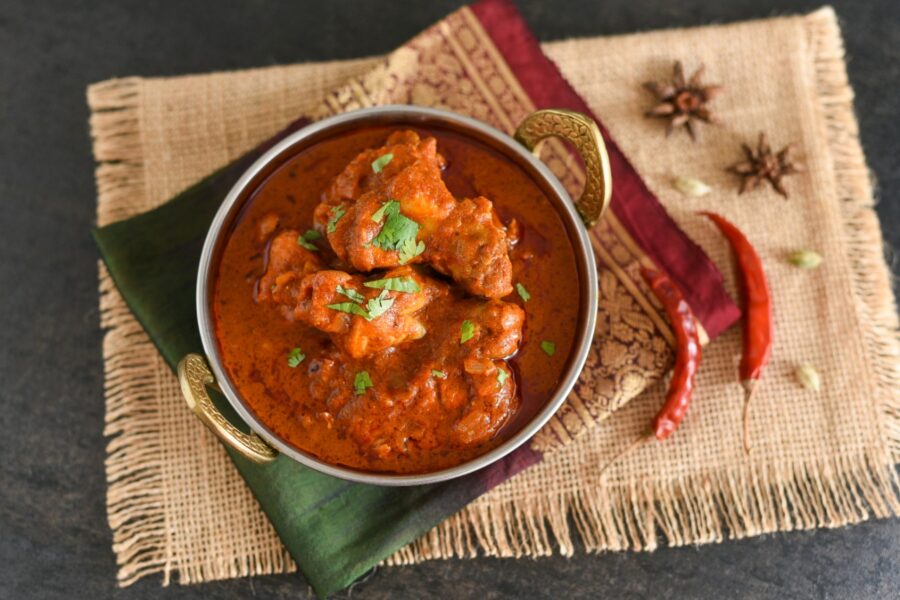Eating sustainably doesn’t mean you have to overhaul your entire lifestyle overnight. It’s about making small, smart choices that add up to a big difference. Here’s a simple guide to get you started on the path to more eco-friendly eating.
Understand What Sustainable Eating Means
Sustainable eating is about choosing foods that are healthful to our environment and our bodies. It means opting for foods that are produced responsibly and that support local communities.
Shop Local and Seasonal
One of the best ways to eat sustainably is to buy local, seasonal produce. This cuts down on the carbon footprint caused by transporting food over long distances and supports local farmers. Plus, fresh produce just tastes better.
Reduce Food Waste
Think about how much food you toss out every week. To reduce waste, plan your meals, make a shopping list, and stick to it. Get creative with leftovers – yesterday’s roasted veggies can be today’s stir-fry.
Meatless Meals: More Than Just a Trend
Cutting down on meat, even just once a week, can have a big impact on the environment. Agriculture is a major water user and greenhouse gas emitter, so try exploring plant-based recipes.
Eco-Friendly Packaging
When shopping, look for products with minimal packaging or those that use recycled materials. Better yet, bring your own bags, containers, and jars to the store.
Energy-Wise Cooking
Be smart about how you use your appliances. For instance, use the right size pot on stove burners and keep lids on to cook more efficiently. And remember, not everything needs to be cooked; raw foods can be crunchy, fresh, and full of flavor.
Preserve and Conserve
Learn to preserve food through canning, drying, or pickling. It’s a throwback to the good old days and a way to enjoy seasonal goodies year-round.
Mindful Eating: Enjoy Every Bite
Take time to savor your food. When you eat mindfully, you’re more likely to have a satisfying experience with less food, which means less waste.
Composting: Turn Waste into Resource
Instead of tossing food scraps in the trash, start a compost bin. You’ll reduce landfill waste and create rich soil for your garden.
Water Wisdom
Conserve water by washing produce in a basin and reusing that water for plants. Also, be mindful of how much water is needed for cooking pasta or boiling veggies – often, we use more than necessary.
Educate Yourself and Share
The more you know about where your food comes from and how it’s produced, the better choices you’ll make. Share what you learn with friends and family.
Sustainable eating is as much about the journey as the destination. Every little bit helps, so don’t stress about perfection. Just do what you can, and know that every step you take is good for you and the planet. Bon Appétit to a better world!





